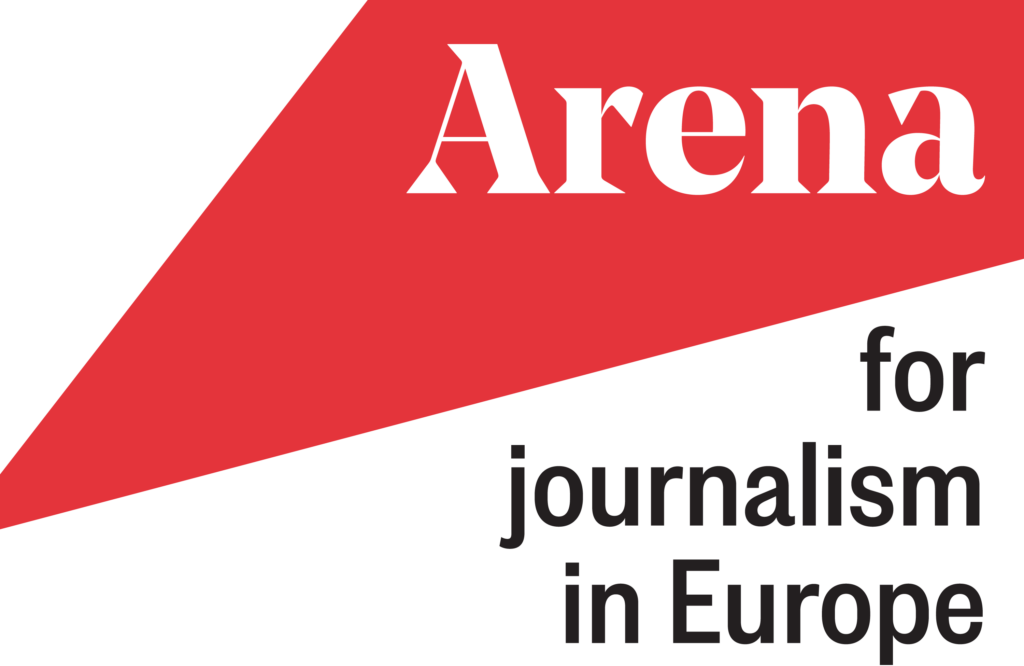Prepare your session well – time is short, the listeners have questions. Here are some tips to make sure that you get your message across – and reach the finish line on time.
1. Consider your few main points
You may have worked on your investigation for a year, and you have learned a ton of things. But you can’t cover all of them. Ask yourself: What is the point of the session? What do you want the audience to take away from your presentation? (And – if you’re part of a panel, how can you contribute to the overall theme?)
2. Don’t show off, show how
The audience wants to learn from you for the sake of their own future stories. Make a short intro to your story and give them a link – but don’t speak in length about the story itself. Talk about your methodology and your tools. What worked? What didn’t? What would you do differently next time? Remember to keep it practical – your audience isn’t going to go home to do your investigation, they want to know how to do theirs!
3. Keep it short
If you are the only speaker, don’t speak for more than 30 minutes (and limit yourself to max 15 ppt slides). If you are in a panel of 3 speakers, each will have around 10 minutes to talk. Your moderator will guide you beforehand.
Do not give a speech. If you think to yourself “oh no maybe I’m rambling”, you probably are. Think of the panel as a debate. Always leave time for audience questions – they are journalists and most people learn better that way.
4. Be concrete and factual
How exactly did you get to your conclusions? For example – How many FOIA requests did you file, and how long did you have to wait for the answers? How does that tool actually work? What is important to keep in mind? What’s your lessons learned, honestly? What did you do to reach a surprising result? Good examples will help the audience remember general principles.
5. Speak up, look at the audience, not the slides
Nothing is more boring than someone who reads a manuscript aloud. Speak naturally, look at the audience and the other panelists. Be yourself.
Less is more. Don’t be tempted to fill a 10 minute slot with 20 minutes of material by speaking fast. And remember, your native language will often not be the same as theirs, so you need to focus and speak clearly.
6. Don’t forget the mistakes and problems
Some of the best learning experiences come from people being brave enough to share their mistakes and how they dealt with the setbacks. Everyone in the audience listens intensely while thinking “Oh my God, I might have done that as well.”
7. Stop in time.
The conference runs on a tight schedule. Please stop in time. It shows professionalism. If your moderator cuts you off because there is no time left, it’s not personal, it’s their job.
8. Facilitate networking
If relevant, encourage people to meet outside or in the foyer after the session to discuss further work on a subject and exchange contact details. Make yourself available there – it is better to talk with a cup of coffee outside than to block the room for the next speaker.


